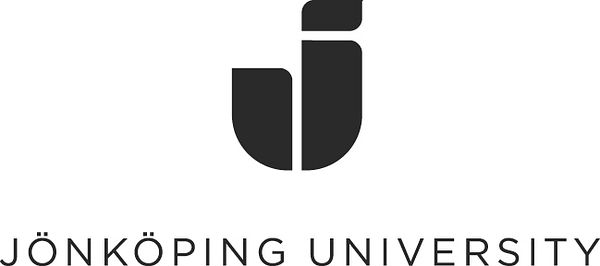Press release -
To create a home in a new country
Children and adolescents who come unaccompanied to Sweden from another country are often placed in residential care. In a new PhD thesis from the School of Health and Welfare, Jönköping University, Åsa Söderqvist has interviewed young adults about their experience when it is time to move away from care and start an independent life.
The feeling of alienation is an ever-present aspect of unaccompanied children and adolescents, even if they gradually come into contact with more parts of society and meet people in the same age group in Sweden.
“It is prominent in these interviews that their migration background is something that young people use to define their time in care, and they also see their background as a barrier to entry into society. People in the same age group hesitate to make contact, assuming that they have difficulties with the language, and they also have difficulty entering the labor market”, says Åsa Söderqvist.
Even for young people with a Swedish background, it is difficult to move from care to independent living, but these young people will also enter a society that is partly new to them. Åsa Söderqvist says that the support given to young people with a Swedish background when making the transition out of care also must be given to these young people - adapted to their conditions and needs.
In addition to interviewing young people she has observed the daily activities in residential care units and interviewed the staff. They try hard to get the children and adolescents involved in society through community programs and other activities, but there is also a focus on their ethnicity and culture. The balance is a challenge for the staff.
“The staff have to affirm what the young people bring with them from the country they have left, while at the same time bring them into the new”, says Åsa Söderqvist.
It easy to create stereotypical images of what is Swedish, and how people live in Sweden. This can lead to greater alienation. When they are going to create a new home, it is important to consider both what has been and what will come later.
“Creating security and belonging is not equated with spending your whole life here in Sweden. These young people have a global perspective, and you must look at the whole complex picture”, says Åsa Söderqvist.
She hopes that her research will reach out to those who come in contact with these young people, and that it will lead to reflection on the meaning of ethnicity and culture, and how to avoid becoming a part of creating stereotype images, while at the same time affirming the children’s and adolescent’s origin.
“We are all involved in this and if we have no time to reflect, it will be difficult to find solutions for this group and offer them a good reception. It is important not to fall into prejudices.
Åsa Söderqvist successfully defended her PhD thesis The (re)construction of home: Unaccompanied children’s and youth’s transition out of care on 3 February 2017.
Related links
Topics
- Children, Youth
Categories
- school of health and welfare
Jönköping University Foundation is one of three independent institutions of higher education in Sweden offering postgraduate programmes. It is characterised by focused profiles, internationalisation, an entrepreneurial spirit and collaboration with surrounding society. Research and education are carried out at four schools: Jönköping International Business School, School of Education and Communication, School of Engineering and School of Health and Welfare. Jönköping University has some 10,000 registered students, 725 employees and a turnover of approximately SEK 800 million.
